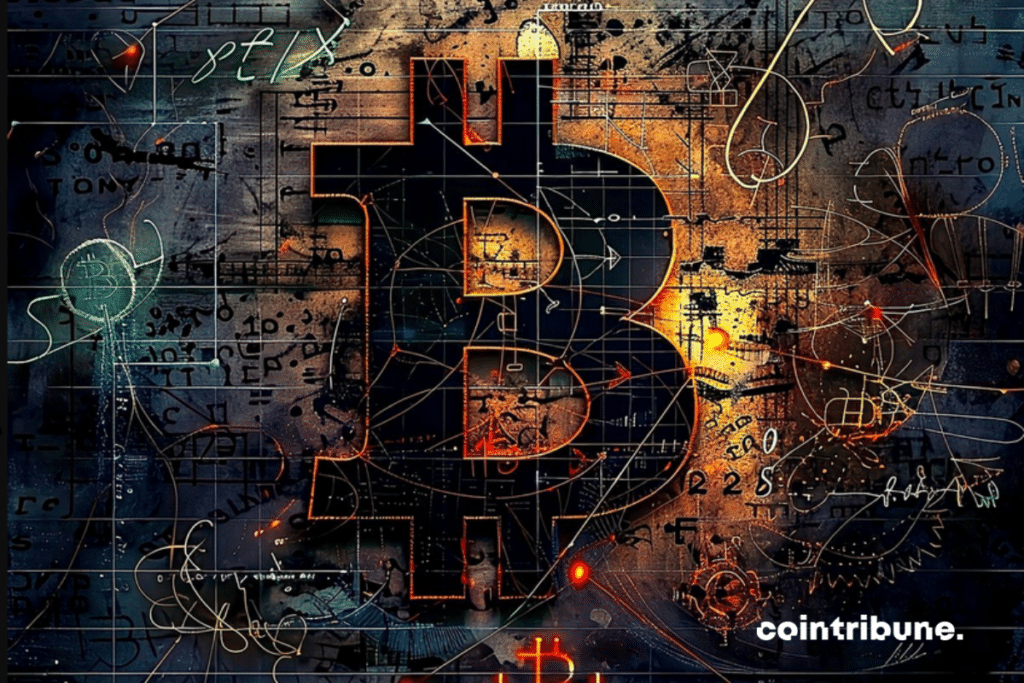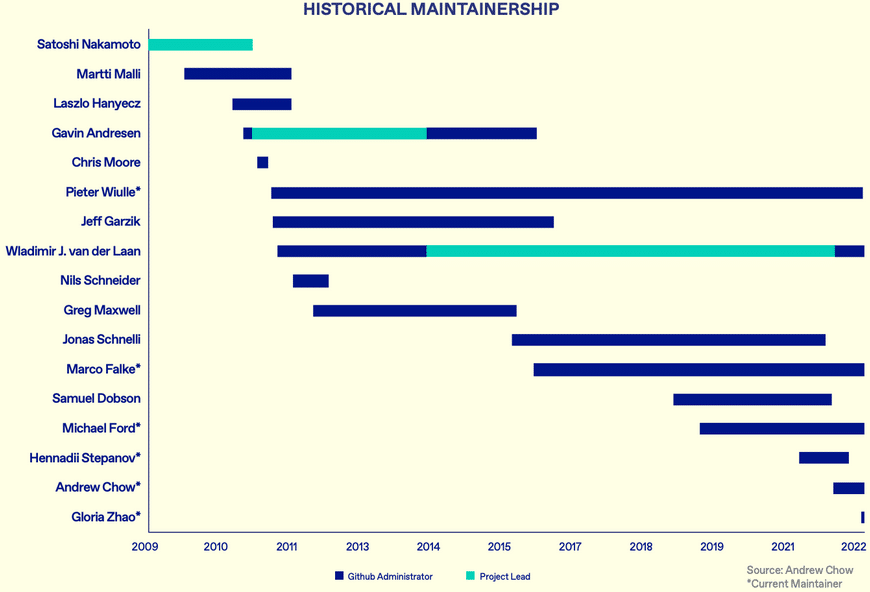Bitcoin Core Prepares for Housecleaning: What's Ahead?
The potential return of Bitcoin Core maintainer Wladimir van der Laan is stirring excitement. Could he be displeased with those who have taken over?

The return of a veteran
Wladimir van der Laan is the most experienced of the Bitcoin Core maintainers. He stepped back in 2022 due to legal actions by Craig Wright (faketoshi) and his partner, billionaire Calvin Ayre.
He commented on his blog following the legal setback of Craig Wright:
“I couldn’t really believe my ears when I heard the judge declare that:
- CSW is not the author of the Bitcoin White Paper.
- CSW is not the person who operated under the pseudonym Satoshi Nakamoto in the period 2008 to 2011.
- CSW is not the person who created the Bitcoin System.
- CSW is not the author of the initial versions of the Bitcoin software.
After years of gaslighting and harassment (I just noticed that my first post about this was from 2016, back when Gavin fell under his influence), I did not expect this much sanity from the legal system.
Remember: Craig Wright is a fraud. Not only that, but an all-out awful person that uses his fraud as a pretense to willingly ruin people’s lives. He deserves whatever is coming to him. Or, just to be forgotten.
Now that this is over, I might become more active in bitcoin development again. No promises though. The last few years have been difficult for me, for this reason and others. But it absolutely helps to have this out of the way.”
As a reminder, Bitcoin Core is the implementation of the Bitcoin protocol used by more than 95% of nodes. Its code is maintained by hundreds of contributors. But only a handful of developers known as “maintainers” have the power to authorize changes to the code. They are Michael Ford, Andrew Chow, Russ Yanofsky, Gloria Zhao, and Hennadii Stepanov.
After Satoshi Nakamoto and Gavin Andresen, Wladimir van der Laan was the third to oversee Bitcoin Core. The role of lead maintainer (“project lead”) has been vacant since his departure.
Here is the history of Bitcoin Core maintainers:

Apart from Michael Ford, the current maintainers do not have much experience. Some, perhaps too young for such responsibility, have indeed reacted poorly to pressures regarding ordinals and other inscriptions.
The possible return of a seasoned developer might be an opportunity to restore order. Indeed, a rebellion is growing against ordinals and other Ponzi-like inscriptions that are clogging the blockchain.
Jimmy Song lashes out at ordinals
Bitcoin Core developer Jimmy Song published a lengthy message on Nostr to take a stand against ordinals:
“The past two years have been productive for Bitcoin. The Taproot soft fork has unlocked new and interesting possibilities. For example, Schnorr signatures that reduce the size of transactions needed to open channels on the Lightning Network. […]
I would prefer to write about these real innovations, but I have to deal with a stupid and immoral scam: ordinals, popularized by the Taproot Wizards who are former angry maximalists. Their goal is to get revenge after being humiliated for their support of a whole series of scams like BlockFi, Celsius, and of course, FTX. […]
Ask any ordinal proponent what they bring to Bitcoin. They will immediately steer the discussion back to the fact that the protocol does not forbid them from doing what they want. But just because you can do something doesn’t mean you should. To paraphrase Chris Rock, one can drive using their feet, but it’s not a good idea. […]
Try pressing them, and they’ll claim that they contribute to the security budget by enriching miners. Or that they undermine other altcoin launch platforms. All extremely weak arguments. […]
My objection to ordinals and to NFTs in general is that there is no technical reason for them to be on a blockchain. They are blatantly centralized. You can’t view an ordinal without special software that is foreign to the Bitcoin protocol. And it’s yet another third party that decides whether the ordinal belongs to you or not. […]
From a purely technical standpoint, hosting a centralized project on a blockchain, and on the decentralized Bitcoin blockchain no less, makes no sense. […] The only motivation can only be to create buzz by marketing them as something that “would help” Bitcoin. It’s like saying spam helps e-mail adoption.”
We highly recommend to Anglophiles to read Jimmy Song’s entire statement.
Many seek refuge behind the argument that filtering ordinals would be unacceptable censorship. But here too is a fallacious argument.
In a decentralized system, everyone has the right not to relay transactions. My node, my transaction relay policy. The Bitcoin Core maintainers should have quickly provided a button so that each node could choose to filter out the rubbish of ordinals.
Instead, the maintainers quietly rewrote the Bitcoin Core documentation to justify their inaction to Bitcoin Magazine CEO David Bailey, who, without scruples, made inscriptions a business.
Our complete article on this pathetic story unworthy of Bitcoin Core maintainers: Bitcoin Core developers under fire.
Fortunately, developer Luke Dash released the Ordirespector patch. Hopefully, the return of Wladimir van der Laan will soon make it redundant.
Maximize your Cointribune experience with our "Read to Earn" program! For every article you read, earn points and access exclusive rewards. Sign up now and start earning benefits.
Bitcoin, geopolitical, economic and energy journalist.
The views, thoughts, and opinions expressed in this article belong solely to the author, and should not be taken as investment advice. Do your own research before taking any investment decisions.